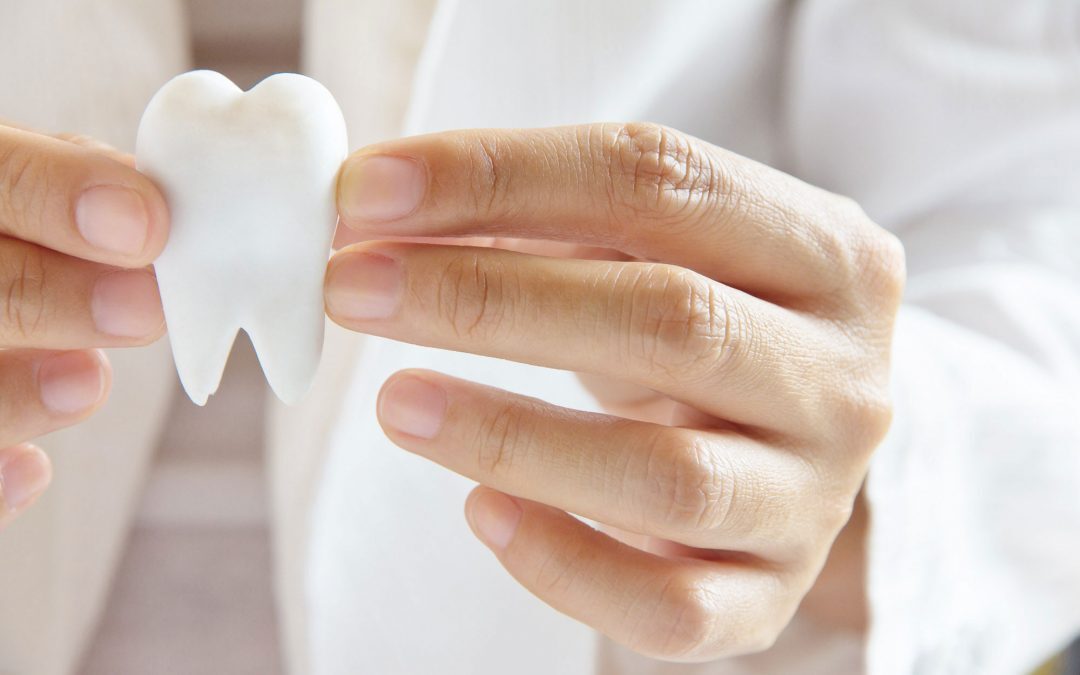As children, I know that we have pretty much learned the different habits to maintain good oral hygiene. However, that doesn’t mean that just because we learned these as children, we are still doing it today. Let us help you remember the usually taken for granted and yet essentially elusive virtue called oral hygiene which specifically includes the following:
BRUSHING YOUR TEETH
While not necessarily the solution to all dental problems, brushing is an essential protection in the fight against decay, gingivitis and periodontal disease. Brushing is fundamentally important! We understand that this is what most of us do day in and out, some are even vigilant to do it thrice a day, but the question is: Are you brushing properly? Also, you might want to try the high-tech brushes with very advanced bristles out there in the market, each offering a promise to remove plaque like no brush before it has done.
FLOSS YOUR TEETH
Yes indeed, brushing is the foundation of all home dental care strategy but brushing by itself is not enough. Unlike brushing which cleans the top and outer surfaces of gums and teeth, floss is an interdental cleaner designed to clean the tight spaces and gap between teeth and under the gums. Flossing, then, is the prime defence against periodontal disease, prevent cavity build-up and decay. Try and ask any dentist what the most effective, cost-efficient tools are for protecting oral health, and you’re likely to receive a free toothbrush and box of floss. So why not brush and FLOSS daily?
WHITEN YOUR TEETH
We know how important your smile is so brighten your smile and whiten those stained teeth! Although not necessarily a health hazard, white teeth in itself doesn’t mean healthy teeth, but we understand that others resort to aggressive treatment in an attempt to whiten them. There are a variety of factors that could cause stained teeth which includes cigarette smoke, chewing tobacco and habitual coffee and tea intake. Extensive decay and dead nerves may also cause the discoloration and of course, aging which causes ones teeth to be slightly yellow. To help you get a brighter smile, try avoiding or cutting down your intake of the aforementioned substances. The less contact these fluids have with your teeth, the less opportunity they will have to leave stains. Treat yourself to an extra cleaning or two or get your teeth professionally bleached. But most definitely, never ever take aggressive measures on your own like using chlorine bleach on your teeth or overdoing the use of whitening toothpastes! Always consult your dentist because if you don’t, you might end up compounding your problem.
ANTI-CAVITY DIET
Teeth are essentially a kind of bone, so those that promote strong skeleton, also promote strong teeth.
CALCIUM is the primary component of strong bone tissue so try incorporating good amounts of calcium in your diet like milk, yogurt, some dark-green leafy vegetables, and calcium-fortified orange juice.
VITAMIN D promotes the deposition of calcium in the skeleton. So no matter the volume of Calcium is available in your body, without ample vitamin D, calcium would still not be absorbed into the bone tissue. The vitamin is produced in the skin when exposed to the sun’s rays. It is said that 15 minutes of direct sun exposure gets the Vitamin D that your body needs.
VITAMIN C is crucial to the health of connective tissues – that includes your gums. As is well known to almost everyone, this vitamin can be found in abundance on citrus fruits and some vegetables.
FLOURIDE is of course the one nutrient that affects dental health the most since it this nutrient is proven to make teeth harder and more resistant to decay.
TAKE NOTE: Plaque bacteria feed on sugars. It is then true that cutting down on sugar in ALL its forms will help prevent cavities. Yes, we know, that’s easier said than done.
A VISIT TO THE DENTIST
Has fear kept you away from the dentist for so long that your teeth hurt just thinking about it? If so, fight your fear with facts. You cannot do it alone, no matter how well you care for your teeth at home, you are still bound to go for regular cleanings and check ups on the interior of your mouth for signs of any disease, suspected decay and to assess the progress of periodontal disease. Your teeth need lots of care and attention to ensure life-long good oral health. And in the very rare cases of dental emergencies, you’ll be glad the professionals are around.

